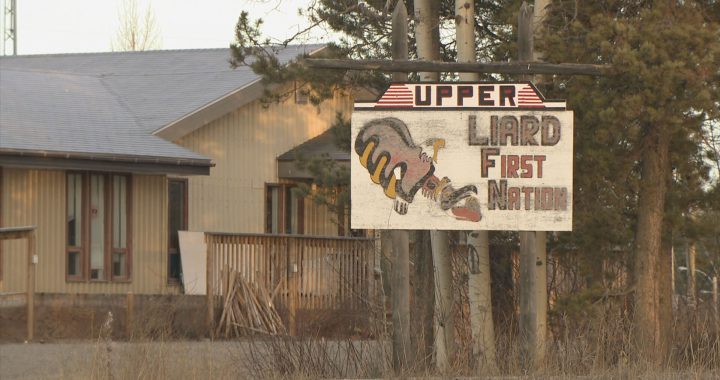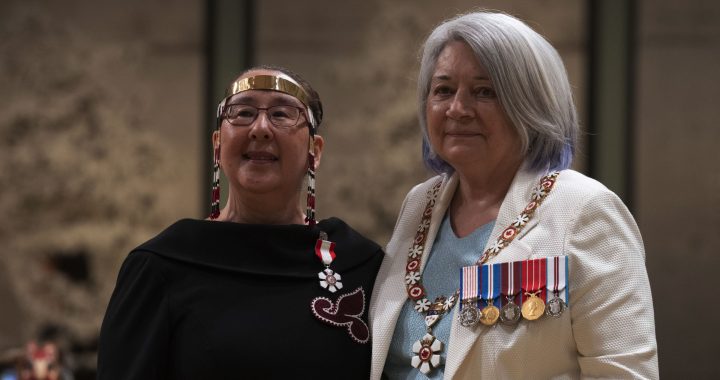British Columbia and the federal government say they’re taking steps to save lives as the province records its second deadliest year in history with 2,272 deaths from drugs in 2022.
On Tuesday, British Columbia began a three-year pilot program to stop prosecuting people for carrying small amounts of heroin, meth, ecstasy, or crack cocaine, as part of an effort to fight a drug overdose crisis.
Lisa Lapointe, chief coroner for B.C. says drug toxicity remains the leading cause of unnatural death in B.C., and is second only to cancers in terms of years of life lost.
Lapointe says the change is a “key first step, but only one measure of many that are necessary to end this crisis,” in a press conference about overdose deaths.
Carolyn Bennett, the federal minister of Mental Health and Addictions, says the federal government granted the exemption for a good reason.
“As we all know there is no recovery for someone who is dead,” she says. “Last May I announced that had approved an exemption request from the province of British Columbia so that adults 18 years and over in the province found in the personal possession of up to 2.5 grams for personal use would not be arrested criminally charged or have their drugs seized.”
B.C. accounts for about a third of the 32,000 deaths due to overdose and trafficking nationally since 2016, according to official data. The province declared drug overdose a public health emergency that year.
The B.C. overdose deaths amount to 6.2 deaths every day. Seventy-nine per cent of those who died were men and 70 per cent of the deaths were between the ages of 30 and 59 years old.
There are 73,000 people in B.C. who have been diagnosed with opioid use disorder.
First Nations women are dying at nearly nine per cent the rate of the general population.
Views on decriminalization
Dylan Dempsey, an admitted drug user says that the decriminalization project is a step in the right direction.
“I think that’s a good thing because a lot of users have their own personal stash on them… so if they were to get stopped by the cops that’s a good thing for them you know because they shouldn’t be getting harassed [for] such a small amount,” says Dempsey.
Trey Helton, who works at the overdose prevention society and says street drugs are even more toxic now more than ever.
“The reality is the fentanyl is even stronger because people have built up a tolerance to it,” says Helton.
More work to be done
Deputy chief Fiona Wilson, vice president of the BC Association of Chiefs of Police says that more work still needs to be done to address the toxic drug crisis and its effect on communities.
“We look forward to working with our partners on additional measures to combat the toxic drug crisis including access to safe supply and better-connecting people who use drugs with social health and treatment services,” says Wilson.










